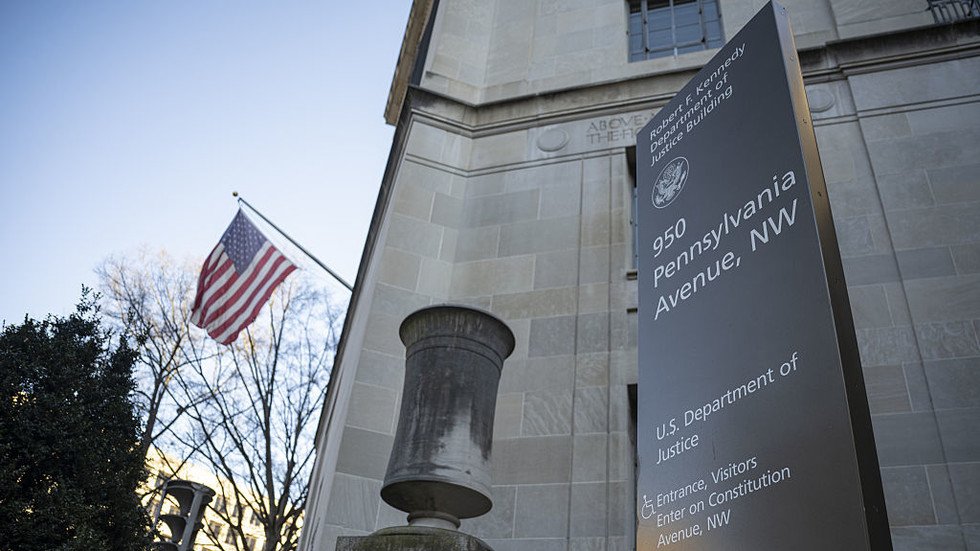Tunisia’s migration policy has come under scrutiny two years after the country signed a deal with the European Union aimed at reducing irregular migration. The agreement, which included a €100 million commitment to border management, has been criticized by human rights groups for its impact on migrants, particularly those from sub-Saharan Africa.
A recent report by Amnesty International has highlighted widespread human rights abuses, including torture, rape, and unlawful detention, against migrants in Tunisia. The report, which documented 120 cases of abuse, found that the violations were racially motivated and targeted black people. One Cameroonian national, Hakim, described how he was beaten and abandoned at the Algerian border by Tunisian officers in January 2025.
The abuses have been linked to a speech by President Kais Saied in February 2023, in which he accused sub-Saharan migrants of being part of a “criminal plan” to change the demographic landscape of Tunisia. The speech sparked a wave of violence against black people, with both police and the public carrying out racist attacks.
The African Union condemned the speech as “racialised hate speech,” and the Tunisian government has since suspended several rights groups and arrested journalists and activists. The government has also been expelling tens of thousands of refugees and migrants, mostly black, to remote areas at the country’s borders with Libya and Algeria.
The European Union has faced criticism for its silence on the human rights abuses, despite committing significant funds to Tunisia as part of the migration deal. The European Ombudsman has questioned the European Commission’s monitoring of the deal’s human rights impact, and Amnesty International has accused the EU of being complicit in the abuses.
The situation has significant implications for the rights of migrants and refugees in Tunisia, as well as the country’s relationships with the EU and other international partners. As the EU continues to support Tunisia’s migration policies, it faces growing pressure to address the human rights concerns and ensure that its cooperation does not contribute to further abuses.



